State Dept overhaul will cut thousands of jobs, push 'Western values'
"The reorganization plan will result in a more agile Department, better equipped to promote America’s interests and keep Americans safe across the world," Rubio said.
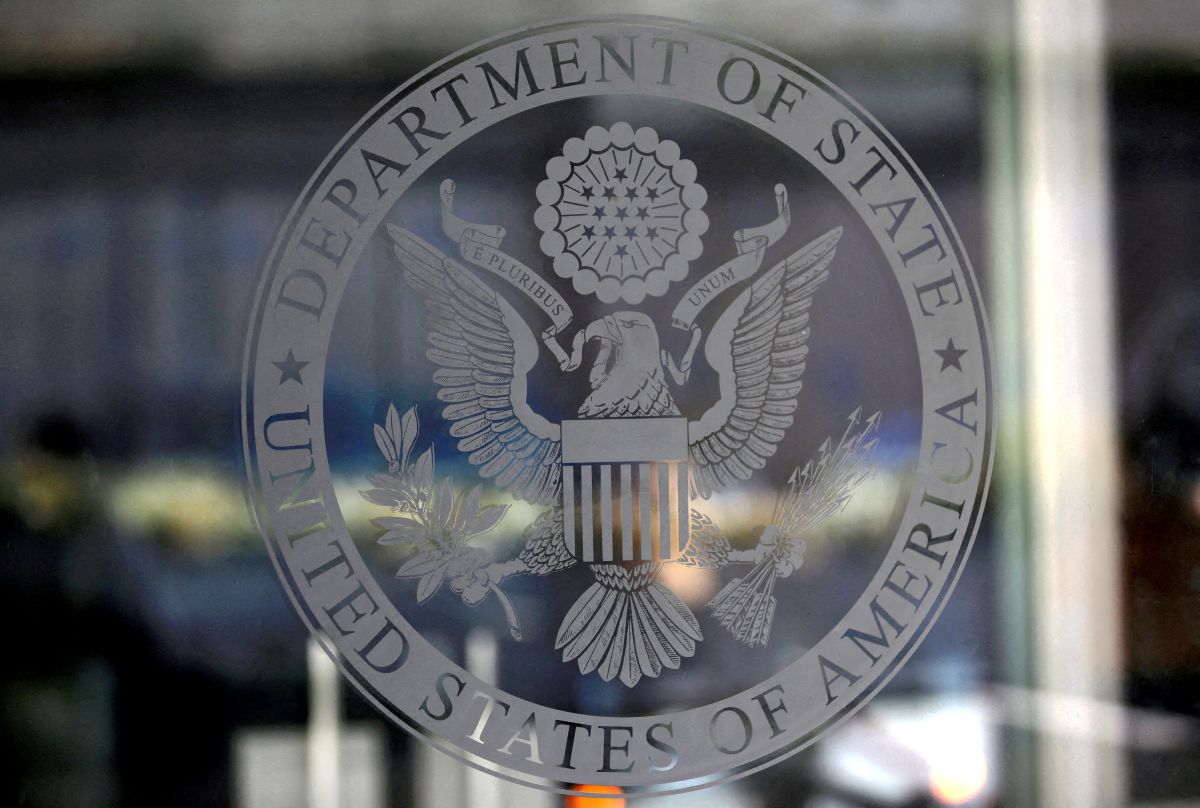 The seal of the United States Department of State is seen in Washington, U.S., January 26, 2017. REUTERS/Joshua Roberts/File Photo / REUTERS/Joshua Roberts/File Photo
The seal of the United States Department of State is seen in Washington, U.S., January 26, 2017. REUTERS/Joshua Roberts/File Photo / REUTERS/Joshua Roberts/File Photo
The Trump administration on May 29 formally notified Congress of its plans for a major overhaul of the State Department, which will cut thousands of jobs, refocus the agency's human rights bureau on "Western values" and reorient the refugee bureau toward returning migrants to their countries of origin.
The shake-up comes as part of an unprecedented push by President Donald Trump to shrink the federal bureaucracy and align what remains with his "America First" priorities.
Secretary of State Marco Rubio, who first announced the reorganization in April, said the State Department had taken into account lawmakers' feedback on the plan, designed to scale back a department he said had grown in terms of bureaucracy and costs without delivering results.
Also Read: At West Point, Trump rips DEI policies in rally-style speech
"The reorganization plan will result in a more agile Department, better equipped to promote America’s interests and keep Americans safe across the world," Rubio said in a statement.
More than 300 of the department's 734 bureaus and offices will be streamlined, merged or eliminated, according to the congressional notification, which was reviewed by Reuters.
The department plans to cut thousands of U.S.-based workers, reducing its civil service and foreign service domestic workforce by 3,448 people, the notification said, out of 18,780 people employed as of May 4. Nearly 2,000 employees will be subject to job cuts while more than 1,500 will be subject to deferred resignations.
No job cuts were announced on May 29 for locally employed staff or U.S. personnel posted overseas.
'NATURAL RIGHTS' AND 'FREE LABOR'
The role of a top official for civilian security, democracy, and human rights will be eliminated, along with the offices that monitored war crimes and conflicts around the world.
A new Senate-confirmed role of under secretary for foreign assistance and humanitarian affairs will oversee the new Bureau of Democracy, Human Rights and Labor, which is to be reorganized to "ground the Department’s values-based diplomacy in traditional Western conceptions of core freedoms" and headed by a deputy assistant secretary for "Democracy and Western Values."
The new under secretary position will "ensure efficiency and oversight in the delivery of foreign assistance in a post-USAID era," a summary of the notification said.
Trump officials, with the help of the Department of Government Efficiency overseen by billionaire adviser Elon Musk, began dismantling the U.S. Agency for International Development soon after Trump took office in January.
Within the new bureau, an Office of Free Markets and Free Labor will promote free-market principles and an Office of Natural Rights will work on what the Trump administration sees as "free speech backsliding in Europe and other developed nations."
Rubio on May 28 said foreign officials who the Trump administration deems to be involved in censorship will be banned from visiting the U.S.
The Bureau for Population, Refugees and Migration will also be "substantially reorganized to shift focus towards supporting the Administration’s efforts to return illegal aliens to their country of origin or legal status," the summary said.
As Reuters reported earlier this month, the refugee bureau will also take responsibility for the U.S. response to major disasters overseas.
The congressional notification also confirmed that the Bureau of Energy Resources will be absorbed into the Bureau of Economic, Energy and Business Affairs. Offices that worked on climate change policy will also be eliminated, the notification showed.
Officials have said that closing offices does not necessarily mean an issue is no longer a priority and that some functions will be taken up by officials elsewhere in the department.
ADVERTISEMENT
ADVERTISEMENT
E Paper
Video




 Reuters
Reuters

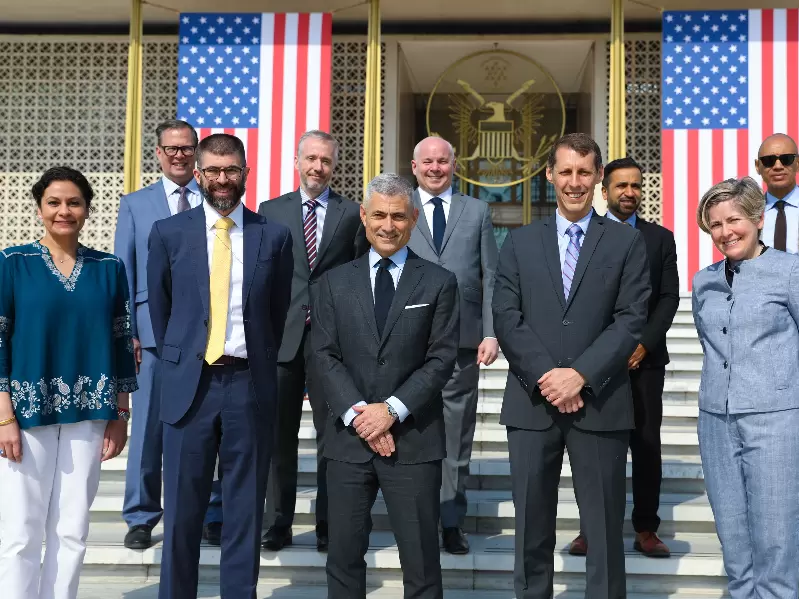


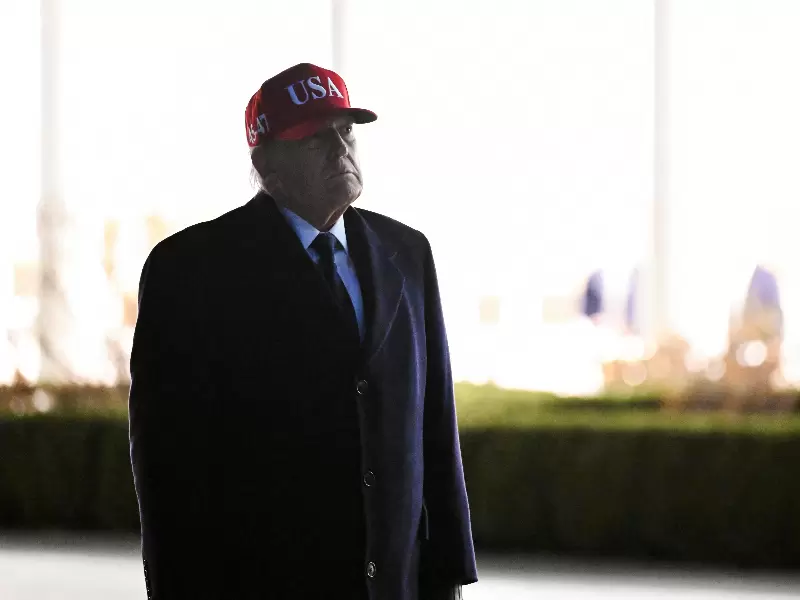

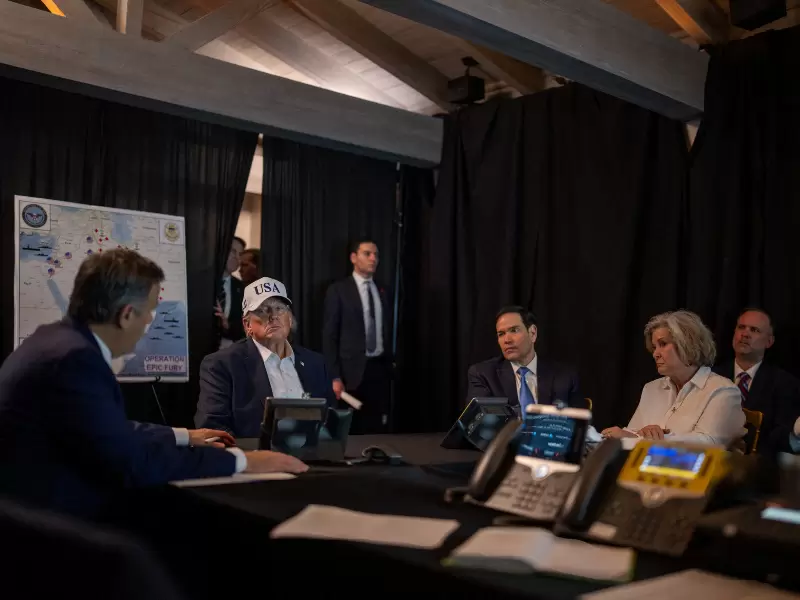

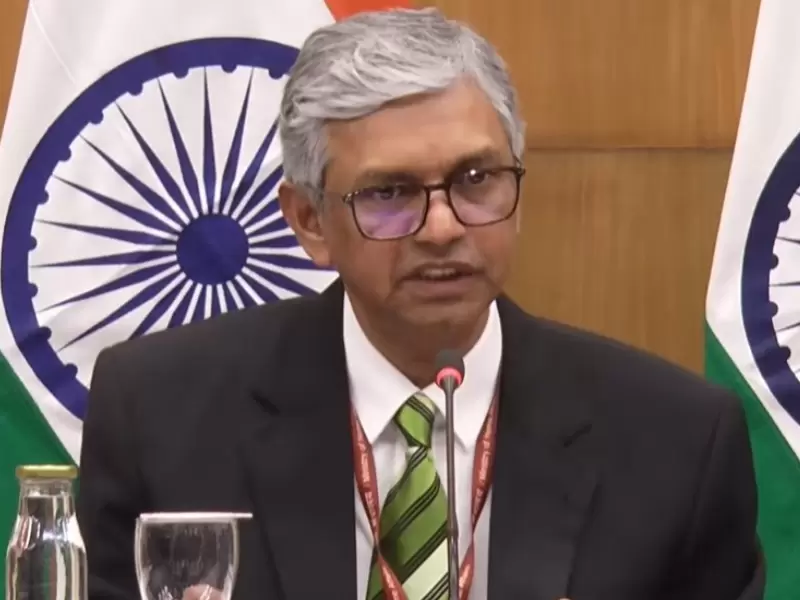
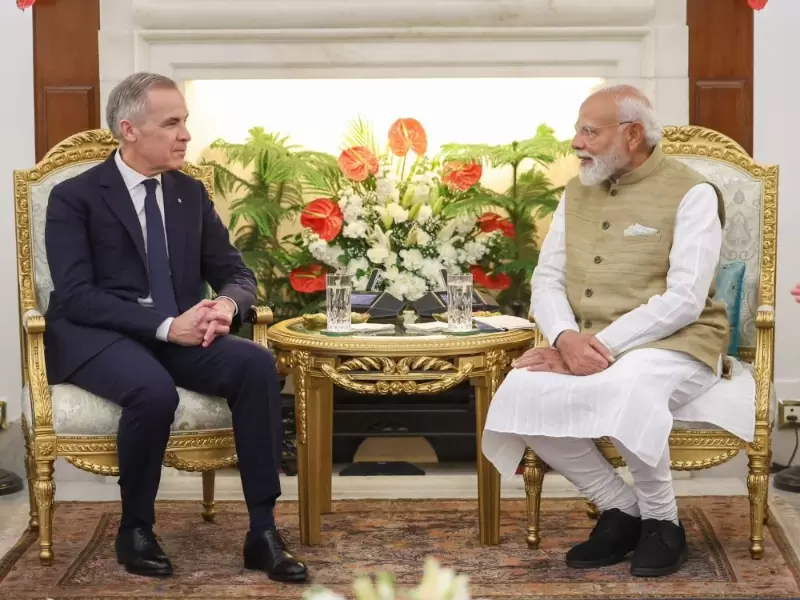
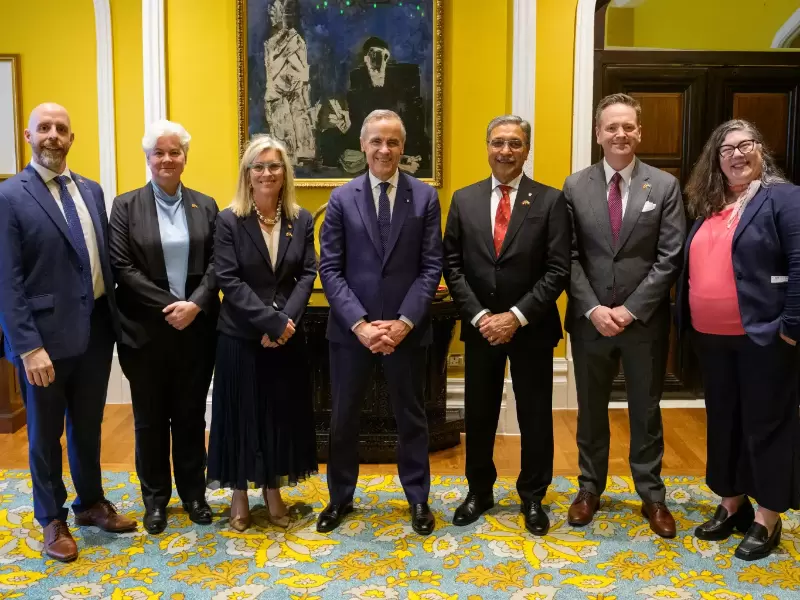


Comments
Start the conversation
Become a member of New India Abroad to start commenting.
Sign Up Now
Already have an account? Login